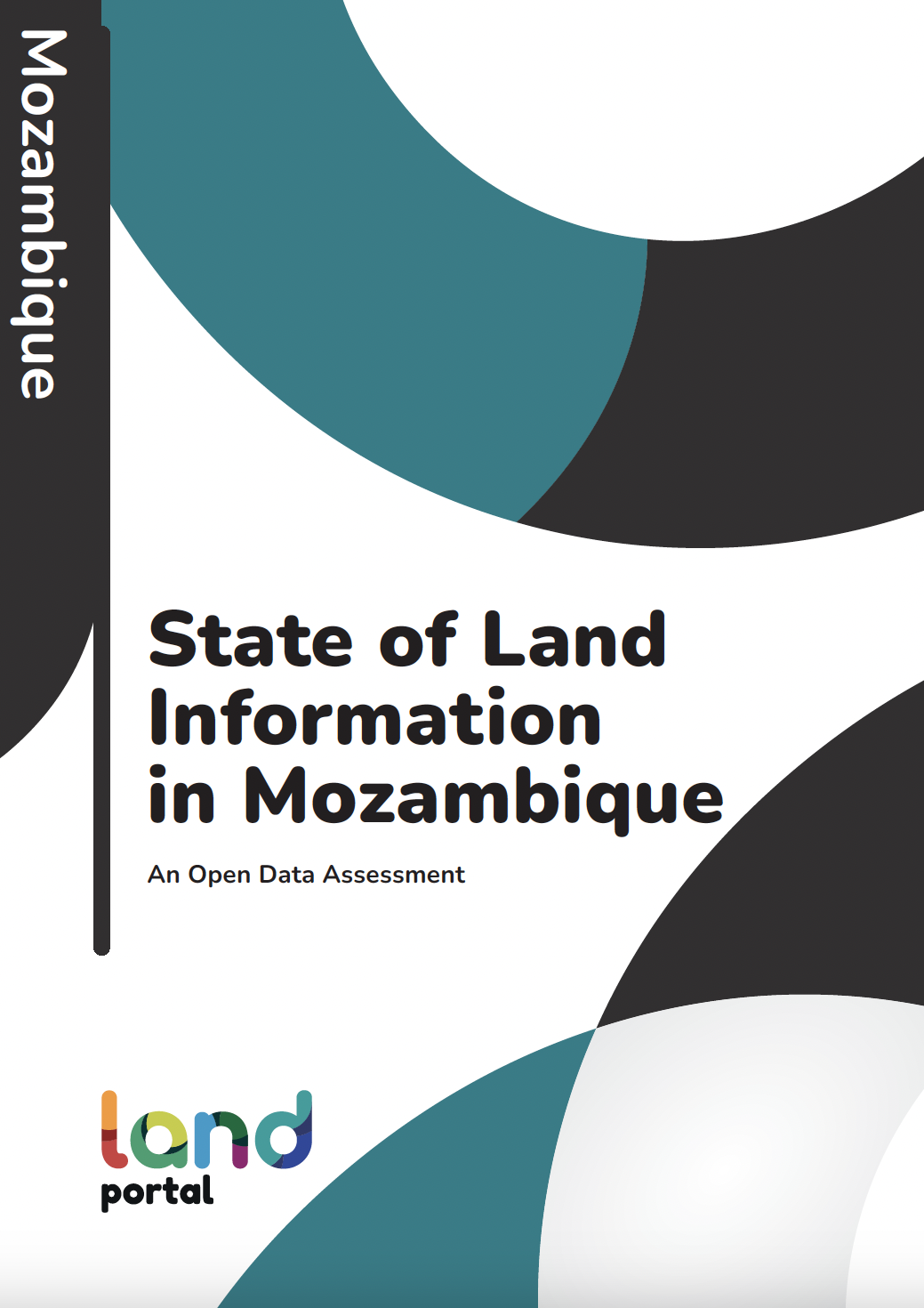Resource information
In Mozambique, the law recognizes certain forms of occupation as constituting legal tenure and nationals can claim this recognition of their right to occupy and use land allocated through customary norms/practices. Local communities can also claim rights over land which they have customarily occupied, used, and managed. These rights are not prejudiced by their lack of titling or documentation and may be defended on the basis of oral testimony. Whilst providing much needed protection of the land rights of the vast majority of Mozambicans, this has also led to a situation in which many land rights remain invisible, and there is little data available on who owns what and where. For most of the 15 years immediately following the Land Law of 1997, the cadastral authorities concentrated instead on the much more manageable task of titling land for investors.
This situation changed in 2013, when the President launched a new program of systematic titling of land rights that had been acquired in law by communities and their members. A target was set for 5 million parcels to be registered by 2018. Progress has been slow, and in 2023 less than half of the target has been achieved. Unfortunately, whilst the government has been able to increase registration through deploying the private sector, it has not been able to create capacity for land data information management. Land data and Information in Mozambique is hampered by technical shortcomings, a lack of data integrity and quality and data fragmentation.
For the last 13 years, land information has been actively present in the political agenda. Due to pressure as a result of climate change impacts, agriculture, conflicts and natural resources, land plays an increasingly important role in the country’s development. Land registration efforts have taken place sporadically in several parts of Mozambique, but no national effort towards land registration has yet occurred. Other initiatives have focused on collecting information about, for example, natural resources, health facilities or renewable energies potential.
The Government of Mozambique has been increasing its efforts to digitize and share data. Its current challenge is to manage data. Data is not always shared with the public and if it is, it normally becomes out of date due to lack of maintenance. As a reference, two international indexes show where Mozambique stands in term of land information:
In the Global Data Barometer Mozambique scored 9/100 in the land module (2021). This compares to a global average of 25/100. Mozambique scored 1/100 for the openness of its land tenure data, 17/100 for its land use data and 14/100 for its gender and inclusion uses of data;
Mozambique ranks 151st (out of 195) in the Open Data Inventory 2022 with an overall score of 37/100. Either globally or compared with the 16 eastern Africa countries, Mozambique appears in a fair position considering its coverage of information, but in a low position according to its openness evaluation.
Although Mozambique is creating digital information, there is not yet a recognized agency to store data centrally and make it publicly available. Several agencies produce and manage data and some of them share data.
This assessment provides a snapshot of land data in Mozambique, describing the main actors that produce data, where data is kept and how to access it. It serves as a guideline for future improvements.

